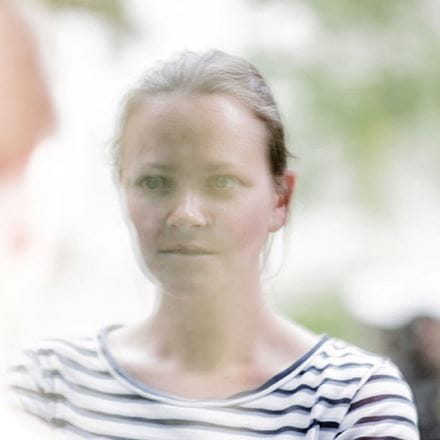Undergraduate studies

Study mental health, behaviour, and depth psychology
The Department of Psychosocial and Psychoanalytic Studies is home to the next generation of carers, therapists, teachers, and deep-thinkers. We welcome those who want to study the mind, learn to help others, explore the human condition, and make a difference.
Our undergraduate courses provide a versatile introduction to psychosocial, psychoanalytic, and childhood studies. Whether you're fresh out of school or college, or you're a mature student with deep-lived experience, we invite you to join us.
Which undergraduate course is for you?
The Department of Psychosocial and Psychoanalytic Studies offers four undergraduate courses. These carefully developed courses ensure you can choose from a broad and fascinating range of subjects that will shape your future career prospects in practical and meaningful ways.
You'll love Childhood Studies if...
- You are keen to find out what makes children grow, thrive and develop
- You are passionate about making a difference in the lives of children
- You are considering a career in the care, education, health, and well-being of children
You'll enjoy Psychodynamic Practice if...
- You want to understand the challenges faced by vulnerable members of our society
- You are passionate about making a difference in the lives of young people and adults
- You are considering a career in social care, mental health, well-being, counselling, or psychotherapy
You'll benefit from Therapeutic Communication and Therapeutic Organisations if...
- You are looking to develop your work in the area of therapeutic support
- You want a rewarding career helping vulnerable or troubled individuals or groups
- You are looking for practical skills to help you make a difference in your workplace and the lives of others


Welcome to your Department:
In the Department of Psychosocial and Psychoanalytic Studies, we believe that choosing an undergraduate degree isn't just about picking a course.
We firmly believe that students in our Department are choosing a home away from home to grow and nurture the next stage of their education and personal growth.
If you are ready to develop your academic and emotional understanding of self and others, we welcome you.
![Dr Deborah Wright, Director of Undergraduate Studies in the Department of Psychosocial and Psychoanalytic Studies at Essex University.]() "Our vibrant undergraduate programme provides a rich learning environment for students from all walks of life. Whether you're attending University for the first time, a mature student, or joining us from abroad, we invite you to join our diverse and inclusive community. Here we nurture every student's unique journey."
"Our vibrant undergraduate programme provides a rich learning environment for students from all walks of life. Whether you're attending University for the first time, a mature student, or joining us from abroad, we invite you to join our diverse and inclusive community. Here we nurture every student's unique journey."
Our dedication to your academic progress and career prospects:
Continuous commitment to academic success
In the Department of Psychosocial and Psychoanalytic Studies, we place the student learning experience at the heart of everything we do.
No matter your background, or academic experience, we will be here to support you every step of the way. Whether you're returning to education after a long break or planning a career in academia, your tutors will be on hand to ensure you receive the encouragement and support you need to achieve your goals.
That's why we've designed several initiatives to ensure you get the most out of your studies. These include:
Personal tutoring system:
When you join the Department of Psychosocial and Psychoanalytic Studies, you will be assigned a personal tutor to help support your learning journey. You will meet with your tutor at least once a term for extra academic support and advice. Your tutor will work with you to oversee and develop your academic progress, offering personalised support tailored to your learning journey.
University support for your studies:
The University has a dedicated collection of online and in-person resources to help bolster your study skills. Whether you need help with your writing, assistance with research skills, or English language support, the Skills for Success team will be on hand to help you.
Exclusive library resources for students of the Department:
Students in the Department of Psychosocial and Psychoanalytic Studies will find several fascinating study resources at the Albert Sloman library at the University of Essex. These include:
- A dedicated Liaison Librarian to help you navigate and access the library resources you need
- A curated subject guide for students to introduce you to a vast range of resources relating to your degree
- The Sigmund Freud special collection - an archive of thousands of documents on permanent loan to the University of Essex
Learn from experienced practitioners
The Department of Psychosocial and Psychoanalytic Studies thrives upon its interaction with the real world and the lived experience of staff and students alike.
Working and teaching in the caring and psychosocial professions isn't purely an academic exercise. Our teaching staff are carefully selected to embody years of social and clinical expertise.
Studying with us enables you to benefit from the depth and breadth of practitioner knowledge and experience housed within the Department.
Previous and current roles held by our staff include:
- Psychoanalytic psychotherapists
- Residential care managers
- Refugee care practitioners
- Child and adolescent psychoanalytic psychotherapists
- Art psychotherapists
- Social care workers
- Therapeutic community practitioners
- Organisational dynamics practitioners
Our staff also hold roles within several leading industry bodies and organisations, including:
- The British Psychotherapy Foundation (BPF)
- The British Association of Counselling and Psychotherapy (BACP)
- The British Psychoanalytic Council (BPC)
- The Association of Psychosocial Studies (APS)
- The Consortium of Therapeutic Communities (TCTC)
Targeted career help and support
Our undergraduate degrees can lead to a diverse range of exciting careers. We place employability at the heart of our courses because we want you to graduate with a clear vision for your future.
We have designed several initiatives to help you realise your career goals and provide the support you need to achieve them. They include:
Work placements:
Our full-time undergraduate courses allow you to undertake a work placement in a setting of your choice. Your placement will provide invaluable employment experience and ready you for life after graduation.
You will receive personalised support from your tutors and extra help from the dedicated Placements Team at the University of Essex. We'll be here to provide you with the advice and assistance you need to ensure your placement is successful. We can help you:
- Create a C.V.
- Write a cover letter
- Apply for your placement
Our students have previously completed placements in a range of fascinating settings. These include:
-
Nurseries, pre-schools, primary schools, junior schools, and secondary schools
-
Residential and non-residential special schools
-
Scouts, Beavers, Forest Schools, after school and holiday club organisations
-
Children’s residential homes and social care homes
-
Adolescent and adult psychiatric services
-
Addiction and eating disorder services
-
Charities and third sector organisations
Career-focused modules:
Each of our undergraduate courses includes an exciting employability module to help you realise your fullest career potential.
You can meet guest speakers currently working in several fascinating fields. Our speakers will share their insightful career stories and introduce you to the rich and diverse employment opportunities a degree with us can offer. Our previous speakers have included:
- Child psychotherapists
- Psychiatrists
- Social workers
- SEND workers
You will also complete a careers project tailored to your desired career outcome.
A dedicated careers service:
The University of Essex provides students with many exciting career and employability support services. They include:
- Career mentorship
- Paid employment opportunities to complement your studies
- Assistance and advice for entrepreneurs
- Industry career events and networking opportunities
- Employability and career awards
![A portrait of Amber Fox, student of the Department of Psychosocial and Psychoanalytic Studies at the University of Essex.]() "This Department goes above and beyond. The lecturers bring it to life with an inspirational depth of knowledge, experience, and understandable and relatable teaching methods. They go the extra mile to support you academically and emotionally, challenging you to find new ways of thinking. If I could start all over again, I would!"
"This Department goes above and beyond. The lecturers bring it to life with an inspirational depth of knowledge, experience, and understandable and relatable teaching methods. They go the extra mile to support you academically and emotionally, challenging you to find new ways of thinking. If I could start all over again, I would!"
Our commitment to supporting your personal, social and emotional journey:
Join a supportive community
The Department of Psychosocial and Psychoanalytic Studies is home to a diverse student and staff population.
Our members come from all walks of life and from all over the world. From mature students seeking a career change to international students seeking a change of country, we provide a welcoming home to all.
We recognise the broad needs of our community and provide a wealth of resources to ensure every student feels supported and represented - no matter their background. These include:
A strong community ethos:
We work hard to foster a warm and nurturing environment for all within the Department. We strive to create an intimate atmosphere in which staff and students can get to know each other on a first-name basis. We champion every student and consciously work to promote a sense of belonging for all.
Support for mature students:
Our Department has a vibrant mature student presence. We recognise a return to education can feel daunting, particularly if you missed out on academic experiences earlier in life.
We strongly value the wealth of life experience our mature student network brings to the Department, and we encourage and support them every step of the way.
The University of Essex also provides numerous resources and support tailored to mature students. These include:
- Help with fees and funding
- Assistance with accommodation
- Childcare facilities
- Student and study support
Resources for international students:
Our students come from all over the world to study with us. Our Department currently hosts over 43 student nationalities. We deeply value our international student profile - you help us make the Department the diverse environment it is!
If you are an international student planning to study here, you won't feel out of place. Essex provides a comprehensive range of services to support international applicants. You will also find a range of student union societies to join, which can help you feel at home and find friends.
Representation for all students:
We recognise the importance of enabling students to express opinions about their learning experience. That is why we engage in a University-led initiative called the Student Voice. Students are encouraged to discuss their views with their elected Student Representatives. Student Representatives act on behalf and voice their fellow students' opinions at the termly Student Voice meeting which is Chaired by the Director of Undergraduate studies.
Students can volunteer to represent their class, year group, or Department. Representatives will receive training from the Student Union and can receive recognition in the form of a degree transcript when completed as part of the Big Essex Award.
This engaging experience facilitates mutual understanding and collaboration approach between staff and students. It also helps students develop life skills and formal recognition suitable for a C.V.
Enjoy our extra curricular activities
The Department of Psychosocial and Psychoanalytic Studies is a vibrant place to study and socialise.
We understand that a degree isn't just about gaining a degree qualification - we want our students to immerse themselves in the student experience.
That's why we've designed an engaging, fun, and thought-provoking programme of extracurricular events for you to enjoy. These include:
The PA123 club:
The PA123 club is held weekly and open to all within the Department of Psychosocial and Psychoanalytic Studies, from undergraduates to PhD researchers. Everyone is welcome to join our in-person or online events. Previous gatherings have included: discussions on films, art and literature, workshops and seminars, and an art psychotherapy group. This club provides a fun social event for everyone to enjoy.
The Open Seminar Series:
The Open Seminar Series is a regular calendar of talks and book launches hosted by the Department of Psychosocial and Psychoanalytic Studies. These events are open to the public and showcase some of the most exciting work within the field today. You will have the chance to meet speakers from diverse disciplines and discover a range of exciting topics to enhance your learning.
The Psychoanalysis Society:
A weekly society open to all students at the University of Essex. The Psychoanalysis Society meets on campus to host events, such as social gatherings, talks, and workshops.
The University of Essex is also home to numerous societies catering to all interests and communities. Visit the Essex Student Union to view them all.
University organised events:
The University of Essex also hosts a busy calendar of social events, clubs, networks, and organisations to enjoy.
Discover our dedication to student well-being
Well-being is taken very seriously within the Department of Psychosocial and Psychoanalytic Studies.
Many of our staff are practitioners of well-being and social care. We are very attuned to the needs of our students and take great care to ensure the Department provides a warm and nurturing environment for all.
We recognise that University can be a testing time for students. Whether you have just left home feeling a little nervous or are a mature student trying to juggle family and work commitments - we recognise the challenges and will be here to support you every step of the way.
The Department provides the following resources to ensure you receive the support you need:
Peer mentoring:
Our peer mentoring programme for first-year students provides advice, support, and information. A mentor can help you access and understand the Department and University Services at your disposal.
A mentor can help you with Departmental resources such as:
- Utilising the Department Office and Administrative support
- The Student Handbook
- Using the University's virtual learning environment Moodle
- Working with Personal Tutors, Module Directors and Seminar Tutors
A mentor can support you with University resources such as:
University support services:
The University of Essex also provides services to support student emotional well-being and mental health.
- The Department was founded over 30 years ago by Professor Karl Figlio, a Senior Member of the Psychoanalytic Psychotherapy Association of the British Psychoanalytic Council.
- Our students and staff come from all over the world (over 35 countries in fact). From A-Level students to mature students seeking a career change, we are a truly diverse and welcoming community.
- The university campus cat (yes, we have one) often frequents the Department office. His name is Pebbles, and he enjoys our inclusive and containing community experience - and a warm and comfy chair in the sun!
Meet the staff supporting our undergraduates:
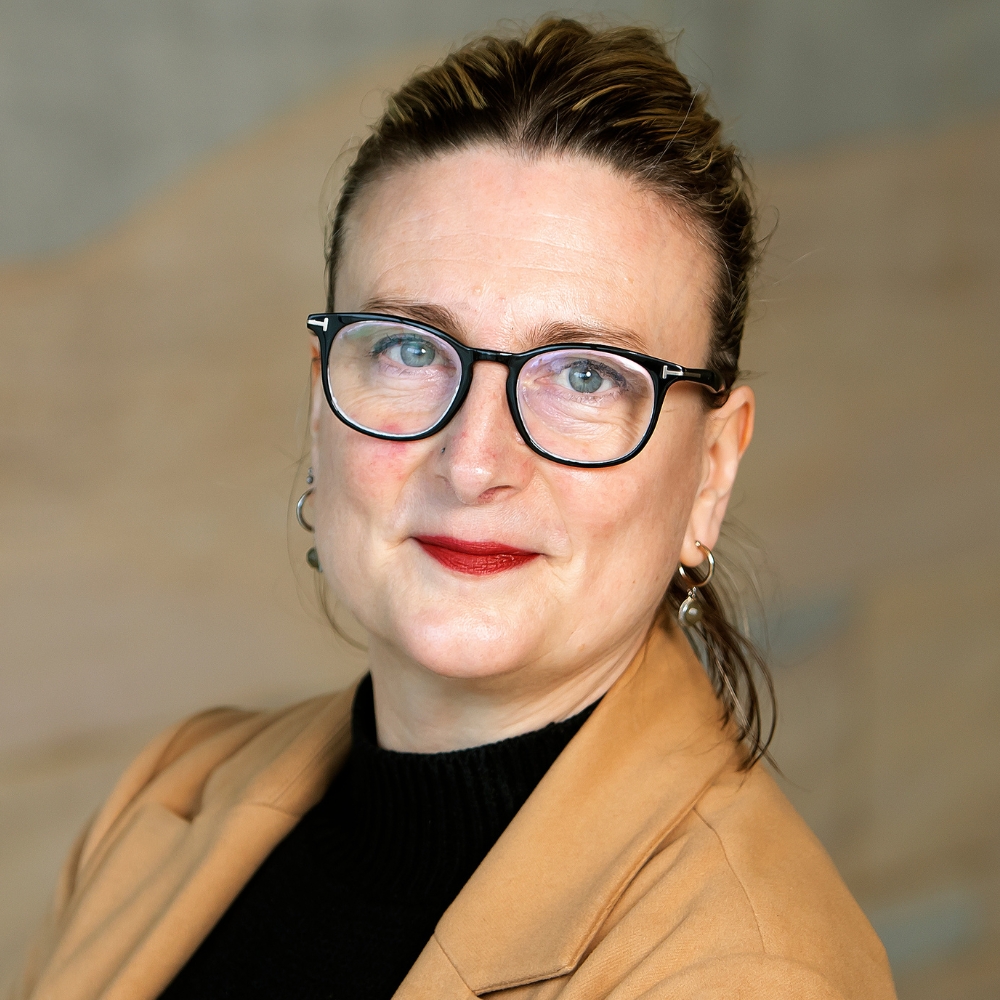
Director of Undergraduate Studies
Department of Psychosocial and Psychoanalytic Studies, University of EssexHello, I'm Deborah, the Director of Undergraduate Studies. I'm also a Psychotherapist with over 20 years of clinical experience. I teach undergraduate students and support those on placement experiences. I also run the Student Voice group. I'm committed to ensuring that students are represented and cared for during their learning journey with us.
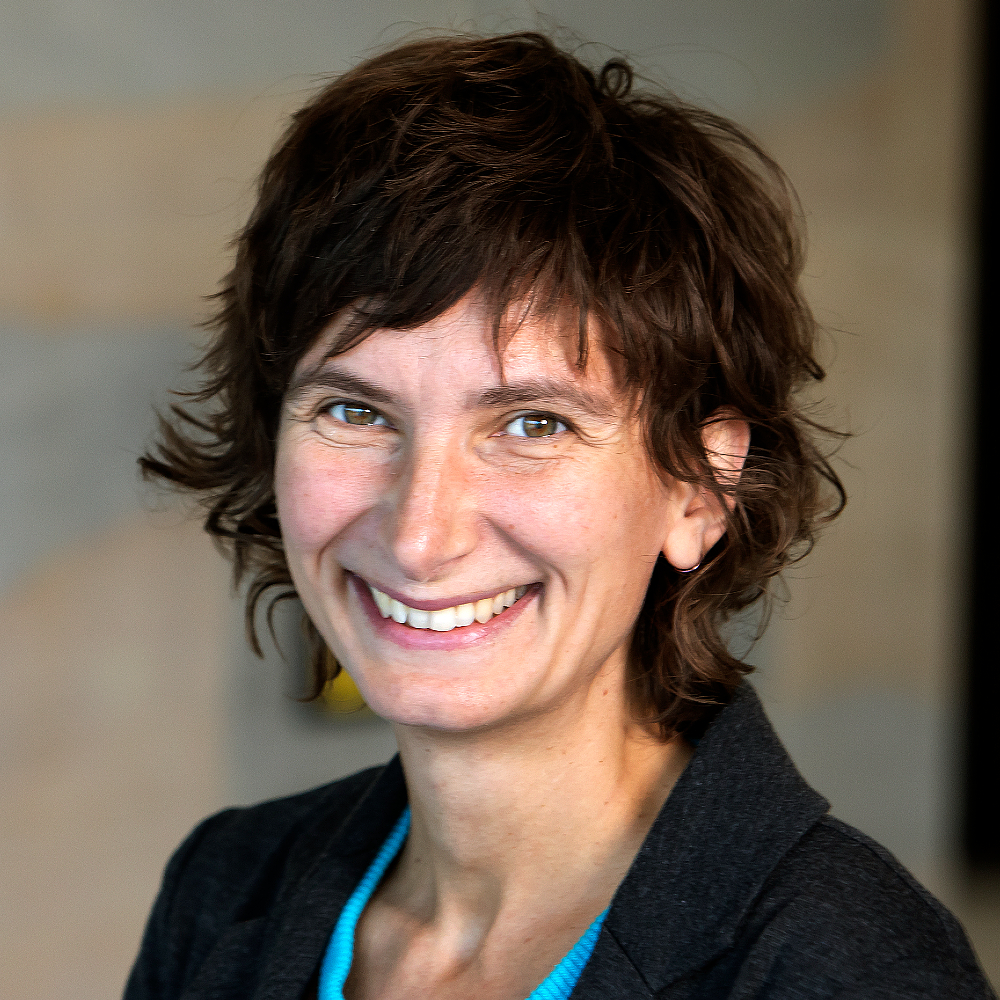
Dissertation Module Lead
Department of Psychosocial and Psychoanalytic Studies, University of EssexHi, I'm Magda, and I'm a lecturer and author. I'm passionate about helping students understand and draw upon their embodied and intimate experiences so they can ask the most pressing societal questions. In my role as Study Support Manager, I help undergraduate students during the process of writing their dissertations. I also teach them how to conduct interdisciplinary research.
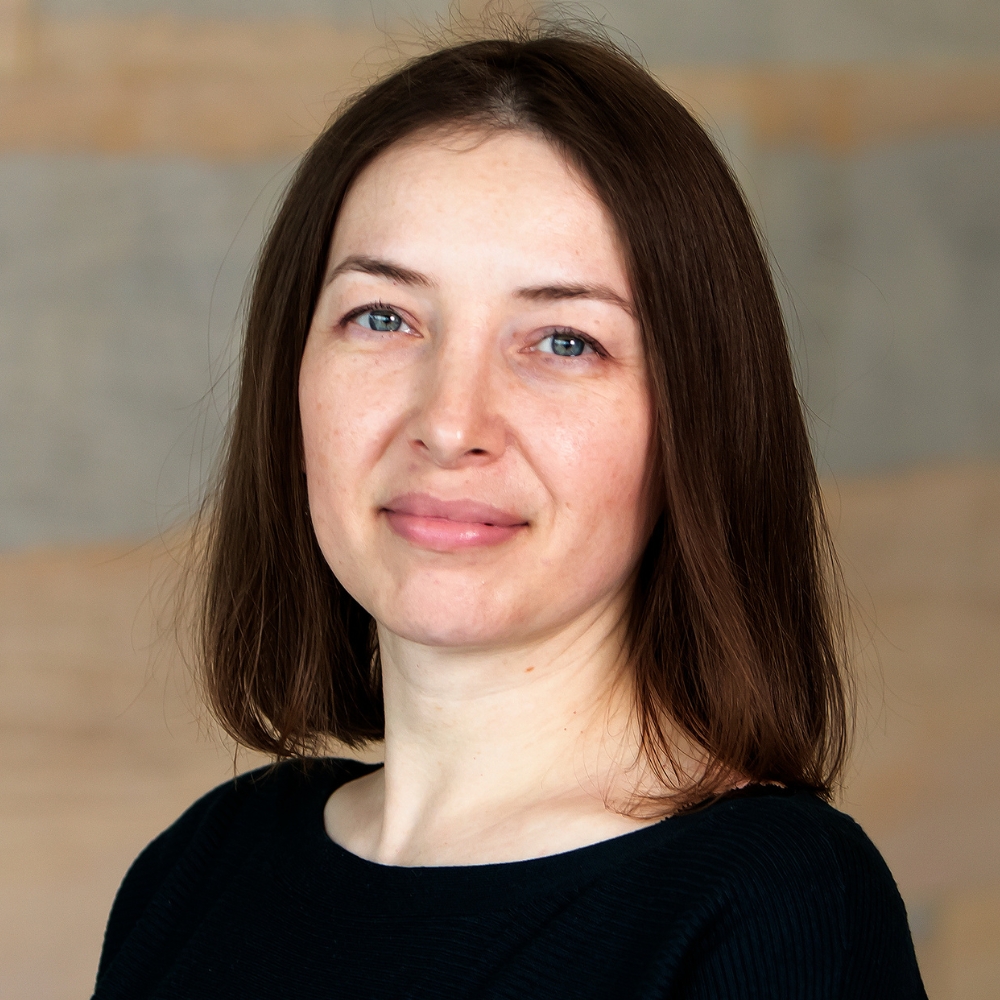
Director of Employability
Department of Psychosocial and Psychoanalytic Studies, University of EssexHello, my name is Orsi. I lecture on Jungian theories, their applications, and academic writing. As the Director of Employability, I ensure that our students gain skills for their future careers and become aware of diverse career opportunities. I am passionate about supporting each student to achieve their aims at University and beyond.
Why
study here?
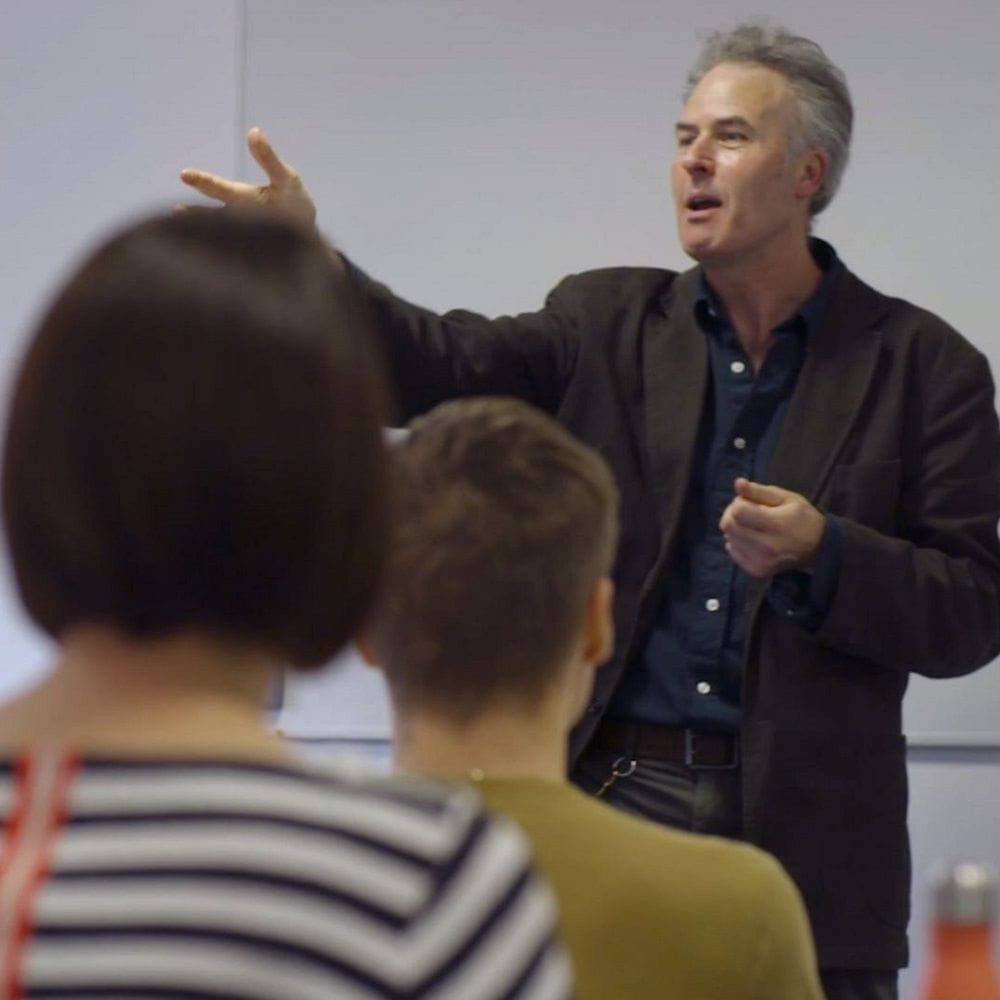




Discover more about Childhood Studies
Are you considering a career working with children?
Have you ever wondered how childhood can help shape our future? Or how society improves the social and emotional development of young children?
Let us introduce you to the fascinating world of childhood studies, and we will help you discover if this is the degree for you.
![Dr Norman Gabriel, Course Lead for BA Childhood Studies at the University of Essex.]() "The BA Programme in Childhood Studies offers a unique opportunity to explore the lives of children and the ways in which we understand and work with children and young people. We introduce you to contemporary childhood issues at local, national and global levels."
"The BA Programme in Childhood Studies offers a unique opportunity to explore the lives of children and the ways in which we understand and work with children and young people. We introduce you to contemporary childhood issues at local, national and global levels."
Is Childhood Studies the degree for you?
What you will learn if you choose Childhood Studies
Explore the social and emotional worlds of children:
Studying Childhood Studies at Essex allows you to take a deep and fascinating look at the life of children and young people.
You will study the social and emotional development of children, from birth until age 25. This degree ensures you can practically and meaningfully develop your understanding of children and childhood.
This degree gives you the opportunity to complete two placements during your time with us, helping to ensure you graduate with academic skills and real-world experience.
Choosing this degree will prepare you for a future in a wide-range of career paths, from child education to health and well-being.
You will have the chance to explore compelling topics such as:
- Childhood development
- Play and infant observation
- Children's well-being
- A history of childhood
What you'll get if you study Childhood Studies at the University of Essex
When you choose Childhood Studies at Essex, you will enjoy numerous benefits to help develop your future. These include:
- Dedicated teaching staff with decades of experience working with children. You will benefit from culturally and socially diverse practitioner experience, with substantiated backgrounds working in far-reaching settings and fields.
- An exciting range of theoretical, applied and policy relevant modules to choose from. Our modules ensure you can study topics as diverse as children's literature, teaching, learning and childhood well-being. You will be able to focus on the topics which really interest you and are most suited to your future career goals.
- The opportunity to complete two placements within a childcare setting, with support from our staff. Finding a suitable placement can be tricky, but we will be on hand to support you every step of the way. Real-life experience will help to boost your future career prospects and give you genuine insight into your prospective career path.
Things you might not know about childhood studies...
Which country has the highest number of children in the world?
In 2023, Niger in Western Africa had 50.6% of its population under 15. With a current population estimate of 25 million, about 12.5 million people are under 15.
According to UNICEF, where do the happiest children in the world live?
The Netherlands ranks highest in the league table, followed by Denmark and Norway. Outcomes are measured using three dimensions: mental well-being, physical health and skills.
Did you know that a caregivers response to infant distress can help to shape and influence how a child experiences relationships in later life?
This theory is known as attachment theory and was proposed by John Bowlby in the 1950's.
Meet a selection of your lecturers
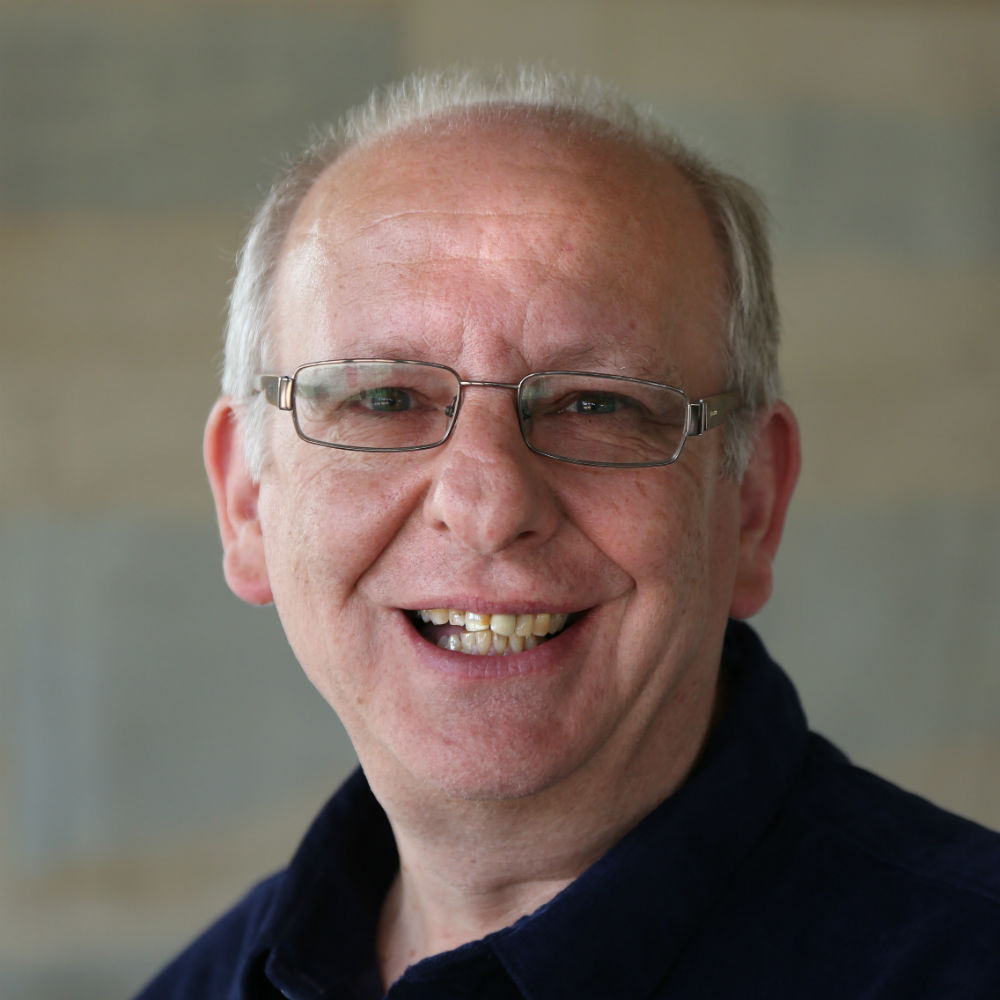
Course Lead
BA Childhood Studies, University of EssexHi, I'm Norman. I'm a sociologist of childhood, a researcher and an author. My work focuses on the important challenges children face in contemporary societies. I've published a distinctive and popular book The Sociology of Early Childhood - Critical Perspectives. I am passionate about enabling students to put into practice what they have learned on the course.
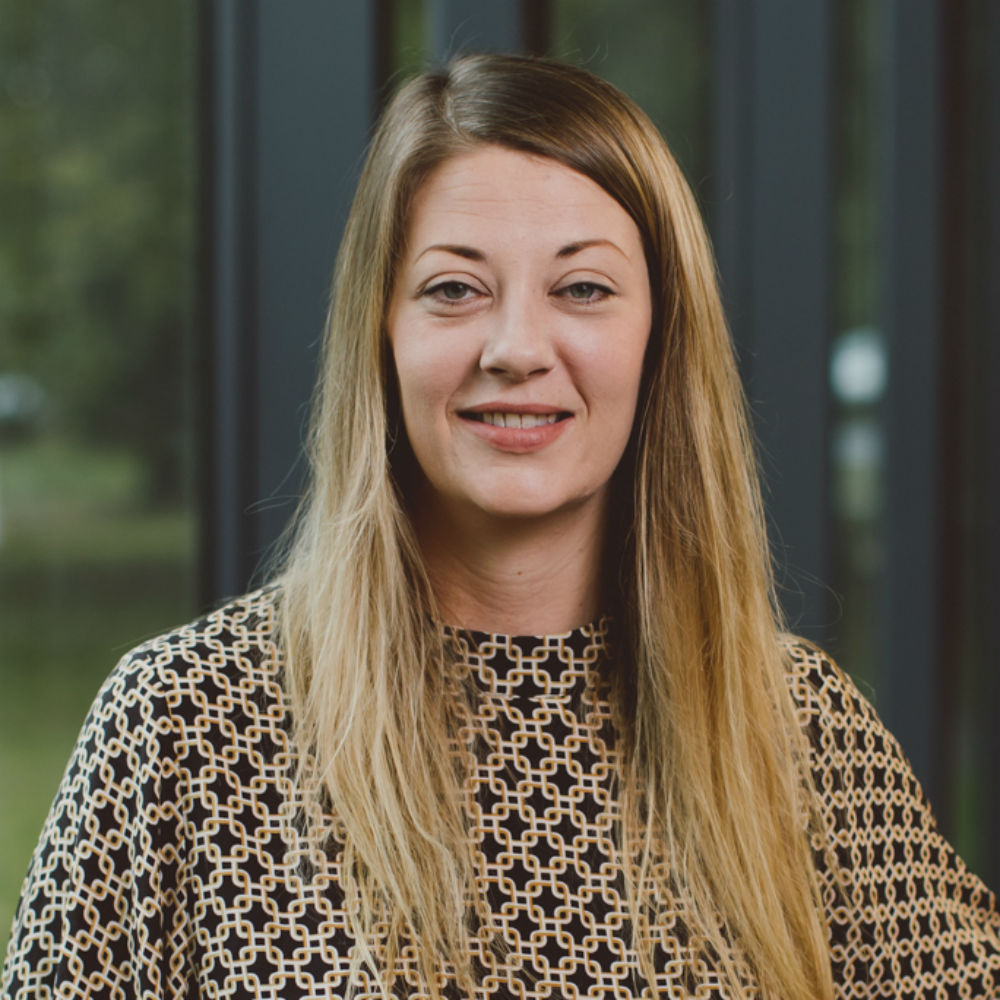
Course Lecturer
BA Childhood Studies, University of EssexHi I’m Jess and I've been teaching Childhood Studies for nearly 20 years. I am particularly interested in understanding representations of children in popular culture and in social research. I’m passionate about helping students find a joy for their subject area and confidence in developing their own abilities.
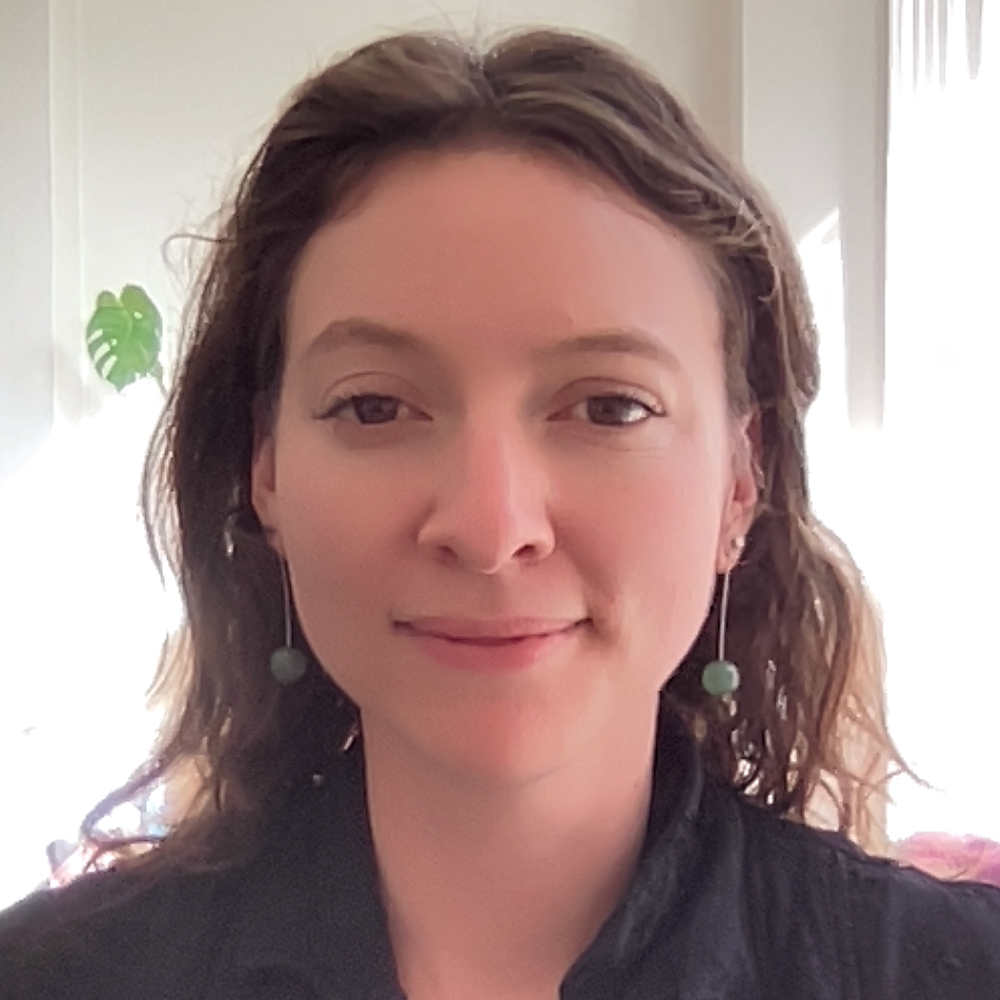
Course Lecturer
BA Childhood Studies, University of EssexHello, my name is Emilia and I teach on modules focusing on children’s emotional worlds. My research focuses on infant mental health and how we come to know the infant mind, and how creative health and social prescribing initiatives can support mental health in children and adults. I am passionate about helping students gain confidence in themselves as critical and independent thinkers.
![Mai Blooomfield, a student of BA Childhood Studies at Essex University.]() "I never could have guessed the insight and passion that I have gained from studying BA Childhood Studies at Essex... Although there are many careers that can be nourished by this degree, I am excited to go on to a masters degree and later a PhD that will qualify me as a Child and Adolescent Psychotherapist."
"I never could have guessed the insight and passion that I have gained from studying BA Childhood Studies at Essex... Although there are many careers that can be nourished by this degree, I am excited to go on to a masters degree and later a PhD that will qualify me as a Child and Adolescent Psychotherapist."
Learn more about Psychodynamic Practice
Would you like a career working with vulnerable people?
Do you wonder why people sometimes act in irrational and self-sabotaging ways? Are you considering a career in mental health, psychotherapy or counselling?
Let us introduce you to the transformative discipline of psychodynamic practice and help you discover if this is the degree for you.
![Dr Chris Nicholson, course lead for BA Psychodynamic Practice in the Department of Psychosocial and Psychoanalytic Studies.]() "This degree teaches you how to understand and work with complex psychological issues contributing to poor mental health and the social, emotional and behavioural problems faced by vulnerable children and adults. We are passionate about teaching you how to make a real difference in people’s lives!"
"This degree teaches you how to understand and work with complex psychological issues contributing to poor mental health and the social, emotional and behavioural problems faced by vulnerable children and adults. We are passionate about teaching you how to make a real difference in people’s lives!"
Is a degree in Psychodynamic Practice for you?
What you get if you study Psychodynamic Practice as an undergraduate at Essex
When you choose the BA Psychodynamic Practice at Essex, you will discover a fascinating degree with a range of features to boost your career options:
- A wide range of career possibilities with insight from experienced practitioners and staff. From therapeutic settings to the world of human resources, communications, and leadership, this degree can open many exciting future pathways. Your teaching staff holds a wide range of practitioner experience and can provide the insight you need to understand and shape your future career prospects.
- A placement in each year of study to develop your C.V. and apply your learning. With close links to a wide range of local and national institutions, you can undertake a number of placements throughout your degree, ensuring you can graduate with real-world experience and insight.
- An introduction to the psychodynamic model. This degree is the first degree in the UK to teach psychodynamic ideas and practices to undergraduate students. You will gain an experiential, work-based and theoretical understanding of how a therapeutic approach is used to treat traumatised and troubled people.
Four things you probably didn't know about psychodynamic practice...
Who studied unconscious mechanisms in institutional settings?
Isabel Menzies Lyth. In 1959, Lyth produced a study which proposed that hospital systems could be seen as a defensive response to the anxiety experienced by staff caring for patients in life or death situations. Her study uncovered how working practices in a training hospital were leading trainee nurses to leave training early. Lyth suggested a number of changes which radically improved conditions for nurses and patients alike.
What is the origin of talking therapies?
All the talking therapies today go back to Freud’s original model. Furthermore, child psychotherapy was developed principally by Melanie Klein and Freud’s own daughter, Anna Freud. This means that Cognitive Behaviour Therapy, Person-Centred Counselling, and Art Therapy, are all derived from psychoanalysis.
What is the relationship between neuroscience and psychoanalysis?
Before Sigmund Freud became a psychoanalyst, he was a neuropathologist. He studied the human brain, especially children’s brains, and wrote many neuroscientific papers. Some of Freud psychoanalytic ideas derive from his research in neuroscience.
Who coined the term 'nameless dread'?
Wilfred Bion. Bion was a tank commander in the first world war and painfully aware of the affects of trauma. He coined the term 'nameless dread' to express the indescribable feelings during and after a traumatic event. Bion is also renowned for developing a new model of treating patients in military war hospitals. Rather than merely treating poor mental health with sedative and bed rest, he engaged patients as equal and competent people, and began running large and small activity groups. Bion’s innovation led to the development of democratic therapeutic communities in the UK.
Connect with some of your lecturers
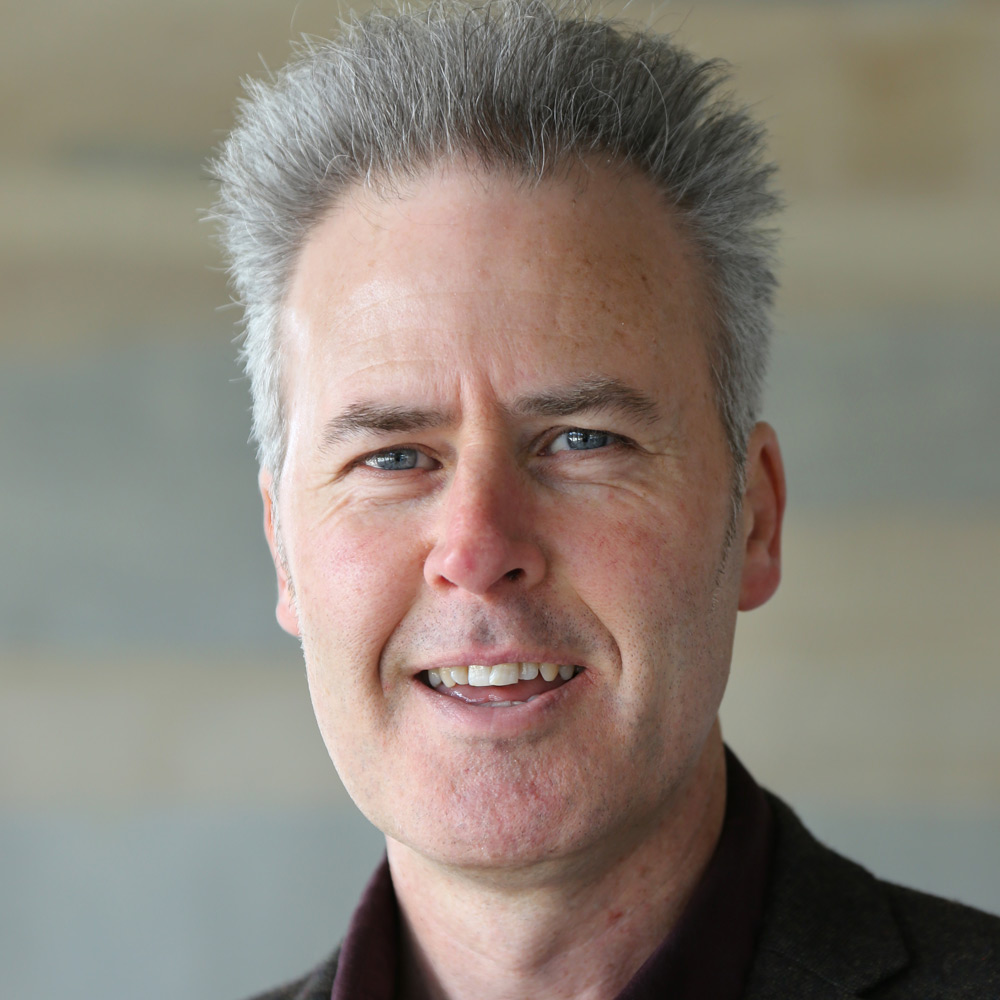
Course Lead
BA Psychodynamic Practice, University of EssexHello, I'm Chris and I lead BA Psychodynamic Practice. I have a background in therapeutic communities and worked and practiced in children's homes and with Colchester Mind for 15 years. I'm passionate about helping students develop knowledge and compassion for people in distress.

Course Lecturer
BA Psychodynamic Practice, University of EssexHello, I'm Debbie, and I have been a Psychotherapist for over 20 years. I was a Deputy Manager in Residential care for people with learning difficulties and mental health problems where I trained staff in working with psychodynamic theory for career satisfaction and longevity. I bring my passion for teaching psychodynamic theory and my clinical expertise to the BA Psychodynamic Practice course.
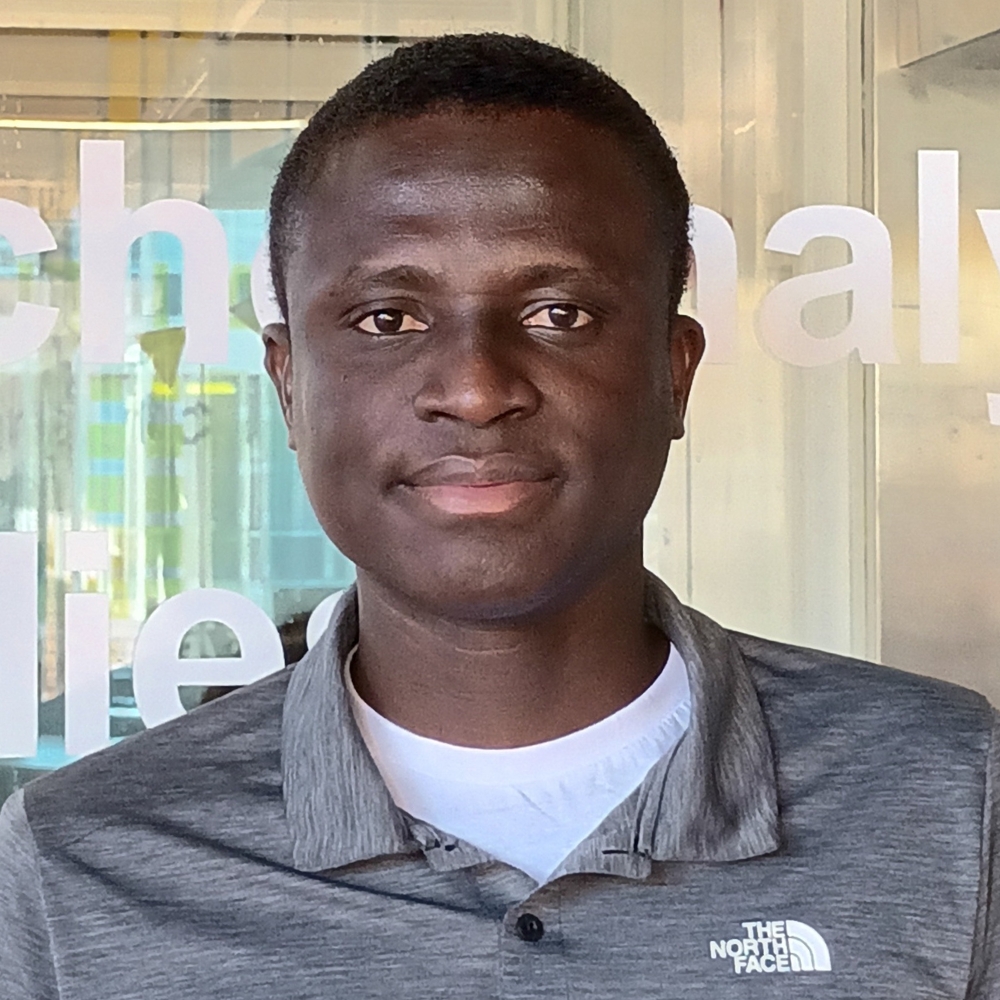
Course Lecturer
BA Psychodynamic Practice, University of EssexHello, I am Eben. I have a professional background in social work, and my research includes issues concerning children’s well-being. I teach topics such as; safeguarding, ethical practice, and psychosocial and psychodynamic approaches to working with children, adults and older people. It delights me to see students making sense of psychodynamic practice and considering a career in this area.
![Jenny Selfe a BA Psychodynamic Practice student studying at Essex University.]() "What makes this course unique is that it allows you to put theory into practice through placement work so you can observe and apply your knowledge to real-life situations. I developed valuable experience that enhanced my learning on the course and helped prepare me for future work."
"What makes this course unique is that it allows you to put theory into practice through placement work so you can observe and apply your knowledge to real-life situations. I developed valuable experience that enhanced my learning on the course and helped prepare me for future work."
Explore Psychosocial and Psychoanalytic Studies
Want a career that helps people and benefits society?
Do you want to know what motivates people and how to help those in need?
Discover more about Psychosocial and Psychoanalytic Studies, and let us help you decide if this is the right degree for you.
![Dr Marita Vyrgioti a lecturer from the Department of Psychosocial and Psychoanalytic Studies at Essex.]() "We are passionate about enabling our students to use their degree to change their lives by understanding themselves and the lives of others more deeply. We encourage our students to be curious about social and psychological phenomena and to use their personal experiences towards their learning."
"We are passionate about enabling our students to use their degree to change their lives by understanding themselves and the lives of others more deeply. We encourage our students to be curious about social and psychological phenomena and to use their personal experiences towards their learning."
Could a degree in Psychosocial and Psychoanalytic Studies be right for you?
Discover some of your lecturers

Course Co-Director
BA Psychosocial and Psychoanalytic Studies, University of EssexHi, I'm Jordan and I'm the course co-lead. My background is in gender and sexuality studies, and I specialise in the work of French psychoanalyst Jacques Lacan. I help students draw on their own experience to make complex concepts easier to understand.
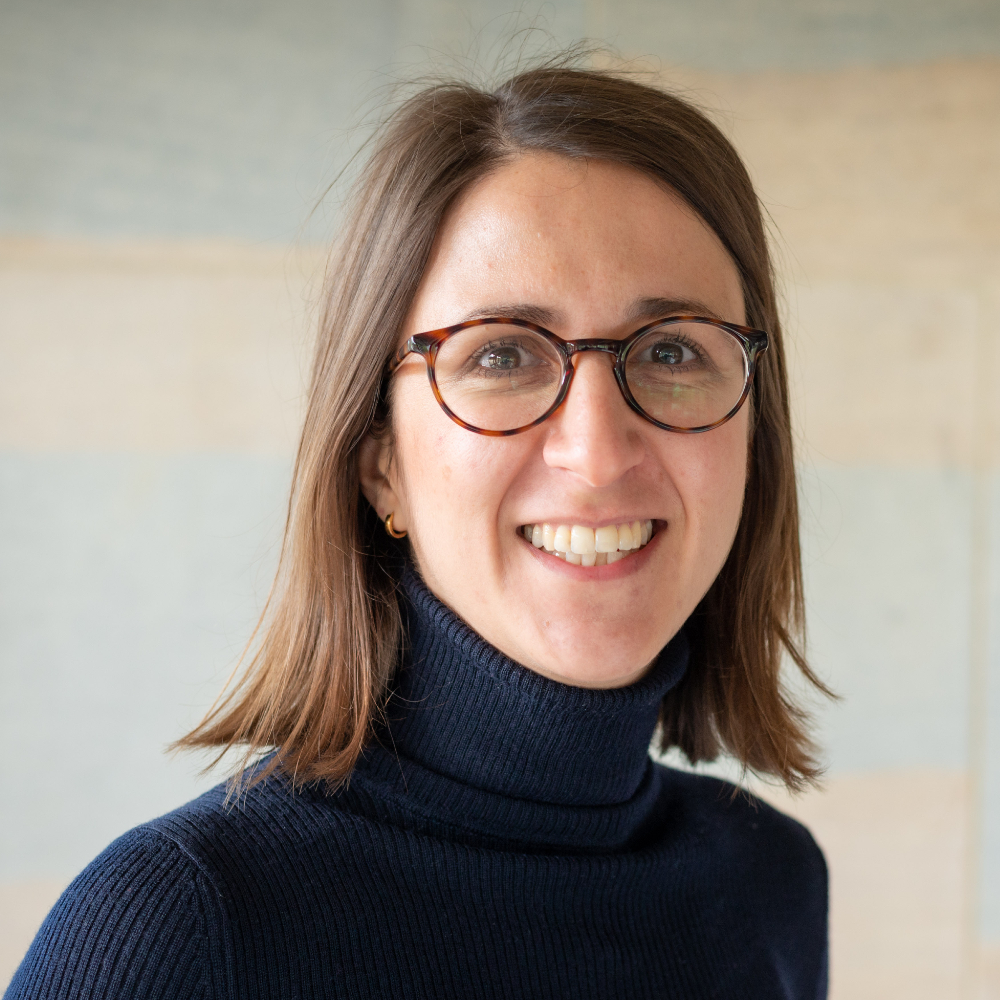
Course Co-Director
BA Psychosocial and Psychoanalytic Studies, University of EssexI am Marita and my background is in psychosocial studies, political and postcolonial theory. I specialise in relationship psychoanalysis, colonialism, and racism. I help students find their individual voice and passion by encouraging thoughtful explorations of ideas in the classroom.
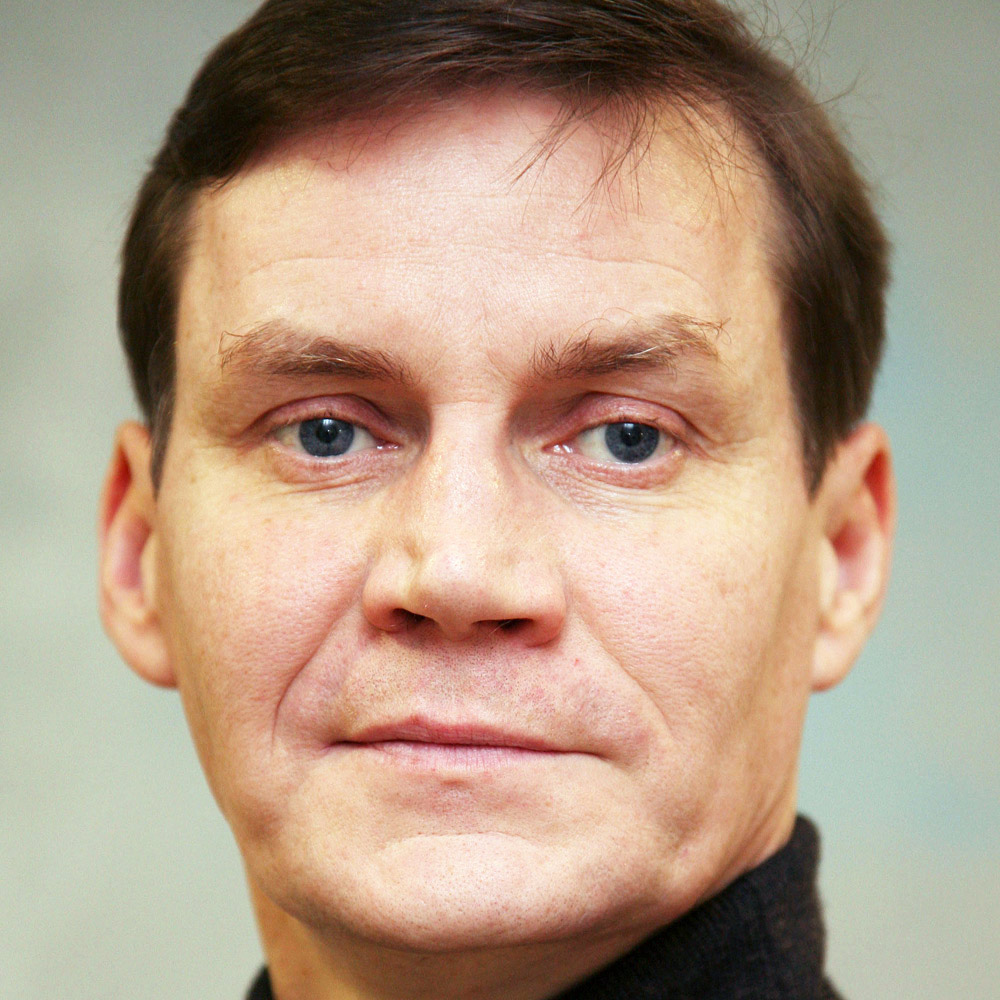
Course Lecturer
BA Psychosocial and Psychoanalytic Studies, University of EssexHello, I’m Roderick and I teach analytical (Jungian) psychology and psychosocial studies, as well as supervise final-year dissertations. I have been at Essex for over 25 years teaching, researching, and writing mainly about Jungian psychology. I enjoy helping students to think independently and to be both rigorous and creative in exploring the topics that interest them the most.
![Rosie Griffiths student of BA Psychosocial and Psychoanalytic Studies at University of Essex.]() "My time studying has been a unique and enlightening experience. Whilst psychoanalysis has its roots in clinical practice, the course's exploration of both individual and social phenomena has invaluable insight and application in all areas of life!"
"My time studying has been a unique and enlightening experience. Whilst psychoanalysis has its roots in clinical practice, the course's exploration of both individual and social phenomena has invaluable insight and application in all areas of life!"
Discover Therapeutic Communication in Therapeutic Organisations
Have you considered developing a career in therapeutic support?
Are you fascinated by human behaviour? Would you like a career helping vulnerable or troubled people? Or are you seeking a way to study while maintaining your work role?
Learn more about our courses in Therapeutic Communication in Therapeutic Organisations, and we will help you decide if this is the path for you.
![Chris Tanner, Course Lead for Therapeutic Care in Therapeutic Organisations, BA and FdA.]() “Our students are our greatest asset. They come from a wide range of backgrounds; from carers to teaching assistants, mental health workers to lorry drivers. Their diversity, experience, insight and desire to learn is unbeatable. This is the perfect pathway for those searching for the next step in their career.”
“Our students are our greatest asset. They come from a wide range of backgrounds; from carers to teaching assistants, mental health workers to lorry drivers. Their diversity, experience, insight and desire to learn is unbeatable. This is the perfect pathway for those searching for the next step in their career.”
Is Therapeutic Communication and Therapeutic Organisations the course for you?
What it's like to study Therapeutic Communication and Therapeutic Organisations
Build your expertise in professional roles that have meaning, purpose and are socially valuable:
Studying Therapeutic Communications and Therapeutic Organisations (TCTO) at Essex can provide a stepping stone for people wishing to:
- Start a new career
- Upskill an existing one
- Take up education later in life
You will learn what makes people tick, why people can sometimes act in curious irrational ways, the emotional and interpersonal factors that can lead to problems and what to do about it.
You will discover fascinating topics such as:
- Psychodynamic theory and practice
- Child and adult development
- Organisational dynamics
- Trauma theory
You will develop the capacity to:
- Use observational skills and reflective practice
- Work with groups
- Understand and implement therapeutic interventions
You will be taught by lecturers with years of experience working as teachers, psychotherapists and therapeutic community workers. Your tutors combine their academic rigour with years of practical knowledge gained from working directly with vulnerable or troubled individuals and groups.
This degree will help you work in a manner that is professional, therapeutically informed, relational and impactful. Whether in the context of education, health, social care or beyond, you will be developing a highly desirable portfolio of practical skills for the next stage of your career.
What you get if you study Therapeutic Communication and Therapeutic Organisations in our Department
When you choose Therapeutic Communications and Therapeutic Organisations (TCTO), you will discover a fascinating and practical degree designed to ensure you can access education, no matter your background or current circumstance. You will get:
Flexibility to study alongside your current commitments: We developed this course with mature students in mind. We recognise the realities of busy adult lives, whether they include an existing career, or caring responsibilities. That is why our seminars occur just once a week, supported by additional home and work study.
An easily accessible introduction to higher education: Our foundation course will ease you back into higher education, helping you prepare for the degree-level qualification. Whatever your academic credentials or real-world experience, our foundation to degree pathway will ensure you receive the correct level of academic support.
The choice to study online or face to face: When you choose the Foundation degree in Therapeutic Communication and Therapeutic Organisations (FdA TCTO) you will have the option to study in person or remotely. The ability to choose in person or online learning ensures you can study in a manner which best suits you.
Targeted and tailored support for mature students: We recognise that returning to education after a long gap can be daunting. That is why we take extra care to support with the nuts and bolts of university study. Your lecturers will offer individual guidance, practical and academic support and champion your success every step of the way. The University also provides mature student support classes for skills including; reading and essay construction.
Four things the Therapeutic Communication and Therapeutic Organisations course can help you do
We are committed to ensuring that your time studying with us is fruitful for your personal and professional development.
That is why we designed this course to ensure you receive a fantastic educational experience alongside tangible and actionable outputs. This course can help you:
Start a new career in this area, having previously worked in an unrelated area:
Whether you are transitioning away from one career path to another or returning to education after a career break, this course has helped many people find a more fulfilling way forward.
Build your reputation and profile in existing roles in social work, healthcare, mental health, community work and education:
Many of our students are already in work but are now looking to level up their skillset. This course is perfect for those looking to upskill and improve upon their future career prospects.
Move into leadership roles:
A leadership role involves much more than simply rising to the top of an organisation. This course has helped many students develop their understanding of organisational dynamics, self reflective practice and observational skills - all necessary attributes for effective leadership within today's diverse workforce and complex workplace structures.
Gain promotion within a profession which requires a degree qualification:
Many of our students have a valuable track record of work experience, yet despite their practical experience might have missed out on education opportunities and qualifications they now require to take the next step in their career. This course can help you bridge the gap between career experience and academic credentials.
Meet some of your course lecturers
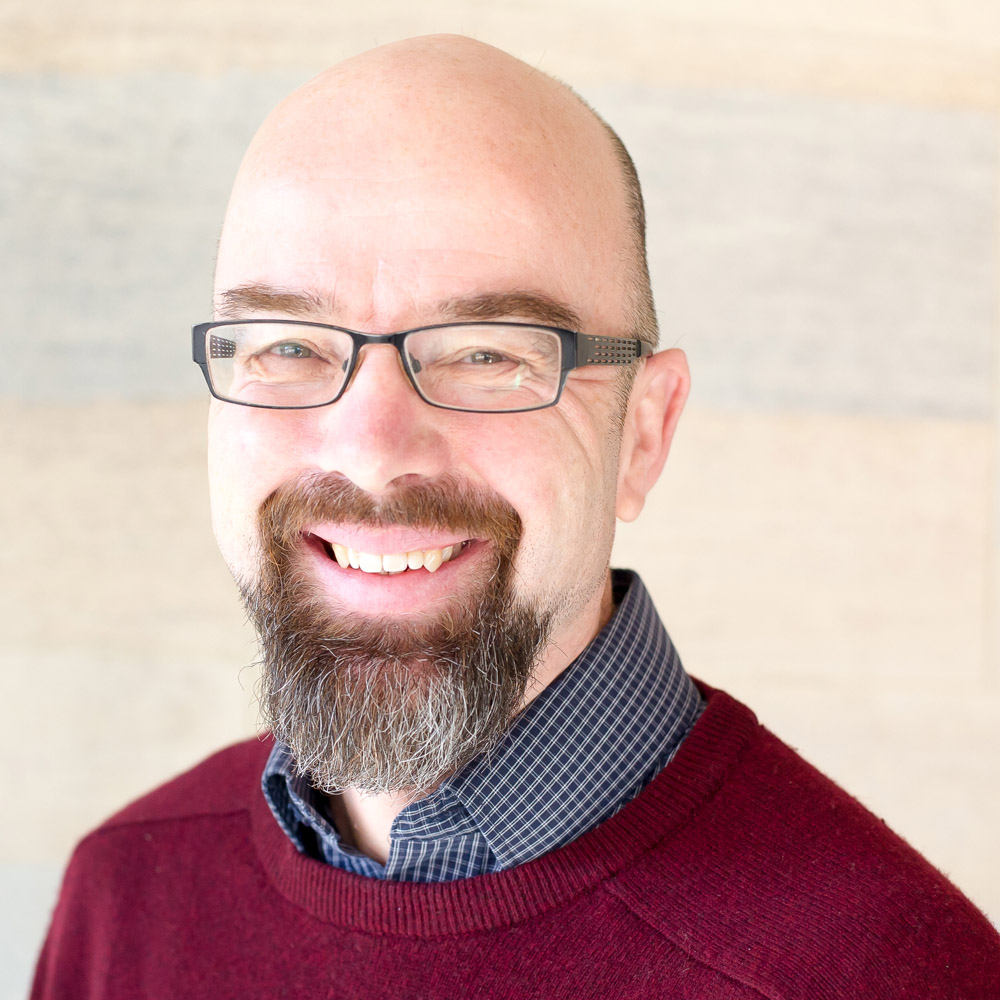
Course Lead
Therapeutic Communication and Therapeutic Organisations, University of EssexHi, I'm Chris and I've had many years of experience in special education and therapeutic communities. I've held a number of leadership and directorship roles, and I currently work as an organisational consultant in diverse sectors in the UK. I'm also a Specialist Member of the Ministry of Justice Health, Education and Social Care Tribunal.
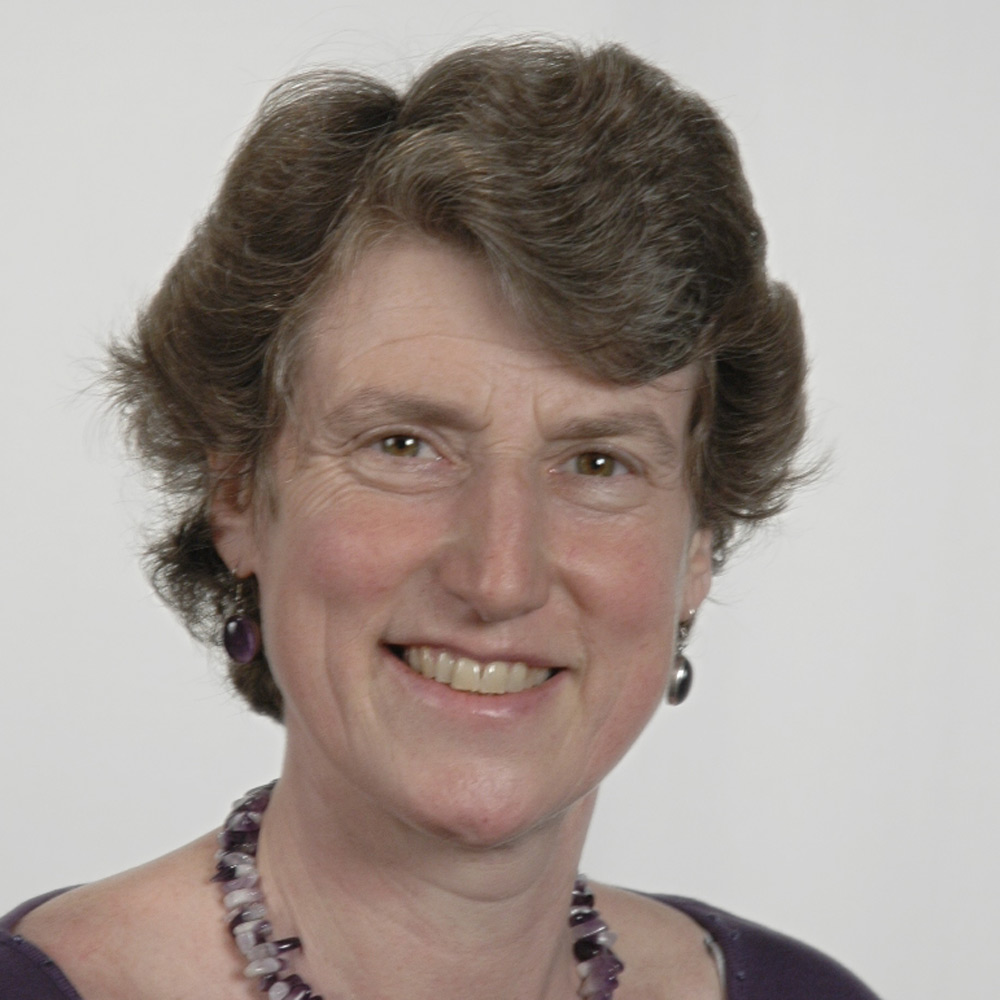
Course Lecturer
Therapeutic Communication and Therapeutic Organisations, University of EssexHello, I'm Sue and I'm an adult and child and adolescent psychotherapist. I've had a long career developing and teaching courses in applying psychodynamic approaches to both clinical and non-clinical settings. I'm also a consultant offering clinical supervision.
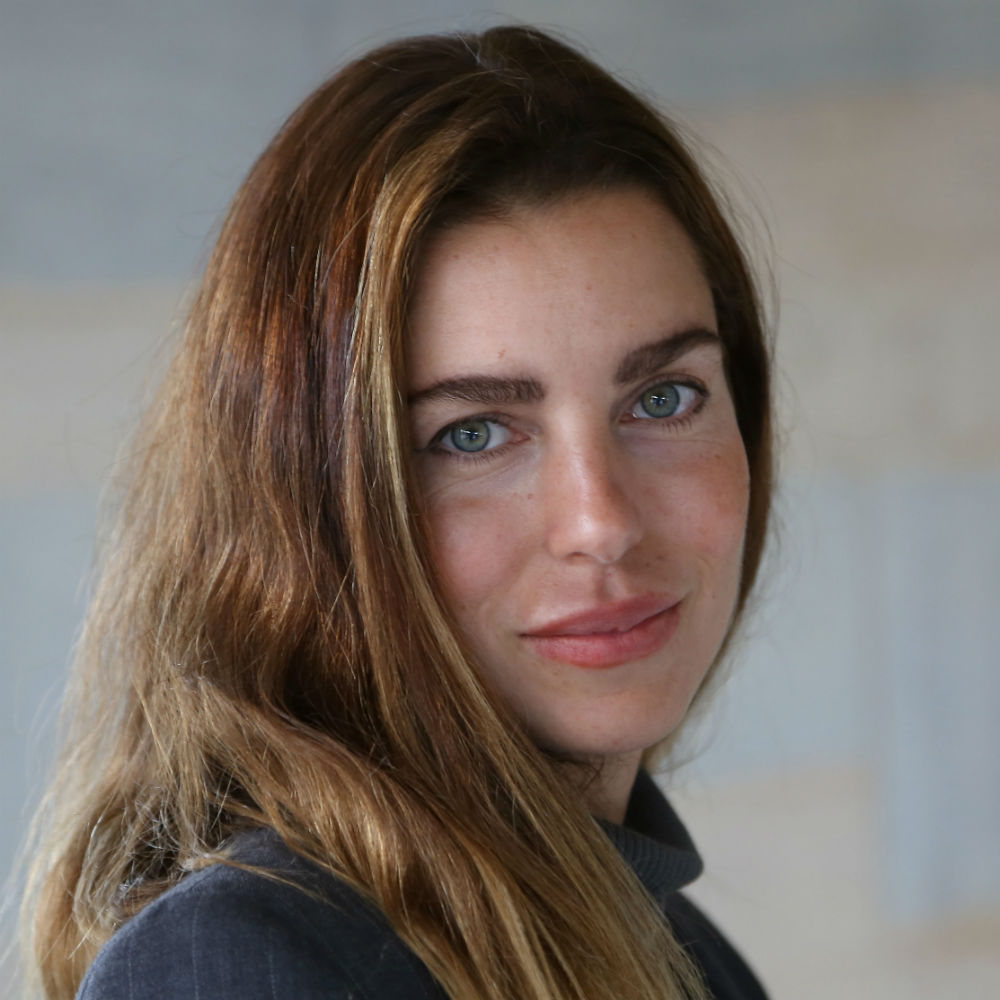
Course Lecturer
Therapeutic Communication and Therapeutic Organisations, University of EssexHi I'm Arianna and I'm a child and adolescent psychoanalytic psychotherapist. I have worked in the NHS and I'm now the lead for counselling services in an international school. I have also worked with mother and baby refugees, and I'm a clinical supervisor and specialist consultant.
![Catherine Donnelly a Therapeutic Care in Therapeutic Organisations student at the University of Essex.]() "Completing this course has been one of the most rewarding challenges I have ever undertaken! It has been a journey of self-discovery, personal reflection, and professional development. It offered me a unique opportunity to use experience, gained both professionally and personally, to get a degree whilst continuing to work or volunteer."
"Completing this course has been one of the most rewarding challenges I have ever undertaken! It has been a journey of self-discovery, personal reflection, and professional development. It offered me a unique opportunity to use experience, gained both professionally and personally, to get a degree whilst continuing to work or volunteer."

Ask us a question and a member of staff from the Department of Psychosocial and Psychoanalytic Studies will respond. No time to email? No worries - sign up and we'll send information straight to your inbox.





)


.jpg?mh=825&mw=1500&hash=FA8A3B9394DF6987DFE1272259B97B9C)


)





)





)





)
